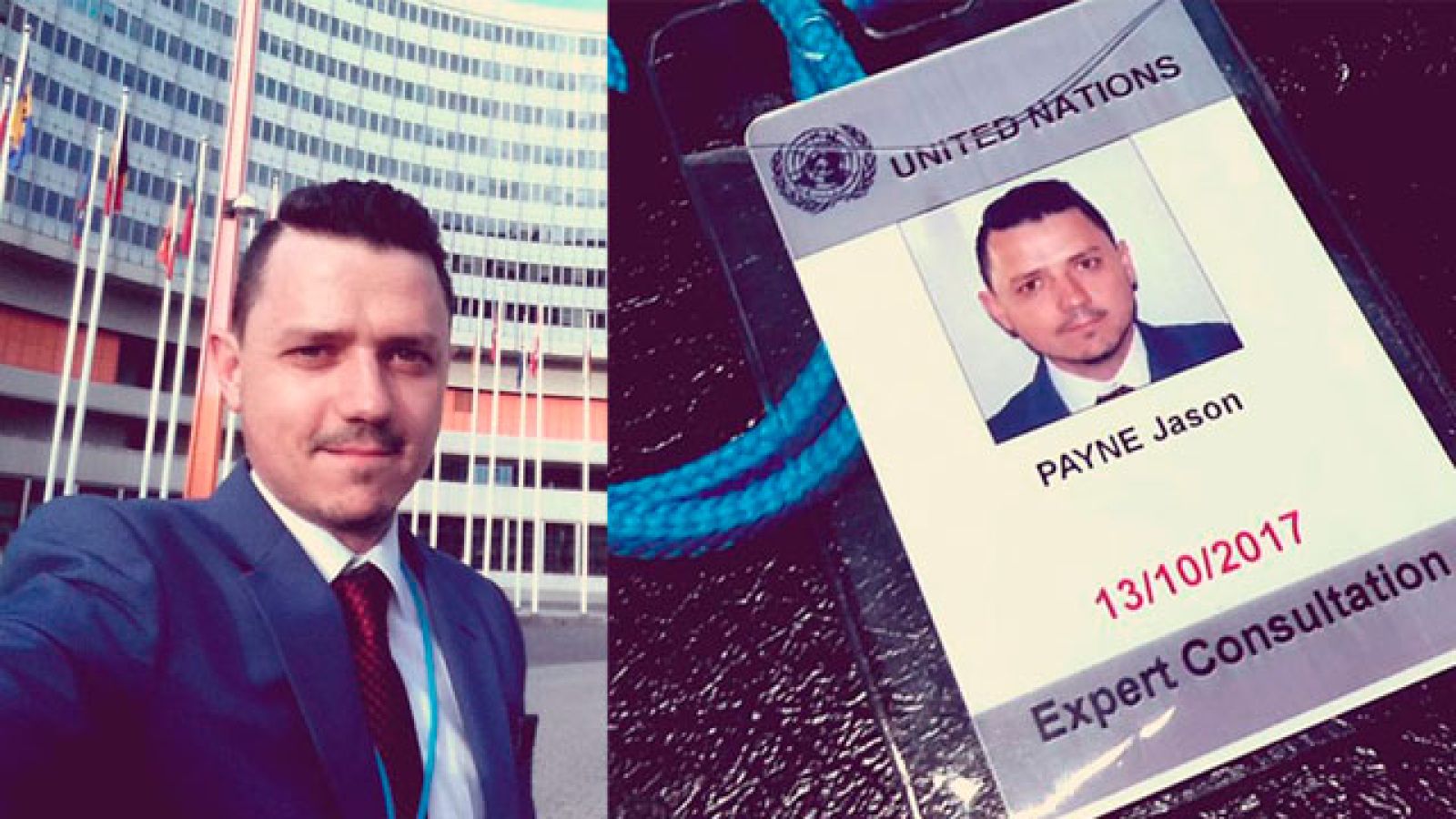ANU academic to advise UN on global drug use and imprisonment

ANU Criminologist Dr Jason Payne is part of an expert panel advising the UN Office on Drugs and Crime and World Health Organisation (WHO) meeting in Vienna
A leading academic in criminology at The Australian National University (ANU) has been invited to offer his expertise to the United Nations and World Health Organisation (WHO) in its global push to tackle drug-related crime and rising incarceration.
Dr Jason Payne, senior lecturer at the ANU Research School of Social Sciences, is an international expert on keeping drug users out of prison through the use of drug courts and other programs.
His contribution to an Expert Consultation at the United Nations Office on Drugs and Crime (UNODC) with the WHO in Vienna on 11 – 13 October will focus on Australia’s long-running drug policy of harm minimisation. The policy supports the diversion of offenders away from prison and into treatment and rehabilitation programs under the supervision of a judicial officer.
“Australia’s experience overwhelmingly shows that jailing drug users is an expensive process which just does not work,” Dr Payne said.
“In fact, a custodial sentence is often the worst possible outcome for an offender whose crimes are largely the product of their drug dependency.
“Many countries, including Australia, struggle with this difficult area of public policy.”
Dr Payne also hopes to capture the experiences of other countries.
The United Kingdom has only recently adopted drug courts, while they operate in almost every state of the United States.
Dr Payne said Australia’s geography presents its own challenges.
“Australian programs end up favouring metropolitan and urban offenders who live nearby and can access services like drug courts,” he said.
“Making these services available to regional and remote communities has been a challenge, not just for drug courts, but for many criminal justice interventions.”